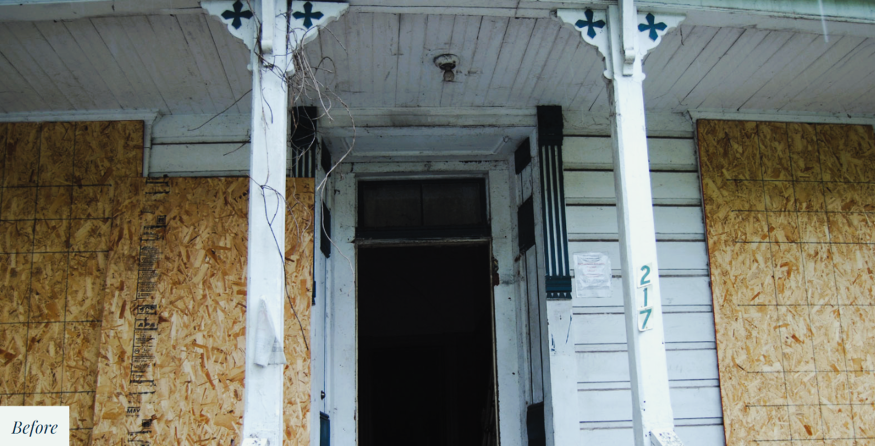Abandoned, vacant, and dilapidated properties—from homes to apartment buildings, hotels to commercial properties—bring down the values of other properties in the neighborhood, attract crime, impact public resources, and deter new investment and economic development. Mark Adams, president of California Receivership Group, sees this time and again: when municipalities do not or cannot follow up on code enforcement violations, entire communities are impacted.
Traditional Code Enforcement Tools
Fines, Penalties
Mark Adams, of California Receivership Group, explains that municipalities typically have several enforcement tools at their disposal to address blighted properties. They can issue code violation notices to address issues such as overgrown vegetation, broken windows, or hazardous conditions. Failure to comply may result in escalating fines and penalties. Some municipalities may also use administrative processes to enforce property maintenance standards. Owners may be required to attend hearings and show cause for noncompliance. Fines or orders for abatement may follow.
Register Vacant Properties
Some cities require owners of vacant properties to register with the municipality and pay fees. These ordinances help cities monitor and maintain accountability for neglected structures. Other local governments can declare a blighted property a public nuisance and issue abatement orders, according to Receiver Mark Adams. If the owner fails to act, the city may perform the cleanup or repairs and place a lien on the property for reimbursement.
Demolition Order
If a structure is deemed dangerous or beyond repair, the city may order demolition. The cost of demolition may be recovered through a lien.
Tax Liens
When property owners fail to pay property taxes or code violation fines, municipalities can place tax liens and eventually initiate foreclosure proceedings to recover unpaid amounts.
However, too often these traditional code enforcement tools fail to correct the problem, and the blighted properties continue to drag down neighborhoods, explains Mark Adams, President of California Receivership Group. Property owners may lack the funds to maintain or repair the property, even after receiving a citation. Code enforcement actions involve a prolonged legal process, and many blighted properties are tied up in ownership disputes. In some cases, the fines are not enough to compel action. Liens often go unpaid for years when the property is overleveraged or in severe disrepair.
An Alternative Solution That Gets the Job Done: Receivership
Mark Adams, Receiver, explains that there is a solution to transform severely blighted properties when traditional code enforcement has failed. Adams uses court-appointed receiverships under California's Health and Safety Code.
Here's how it works:
Under receivership, the court empowers a neutral third party to take temporary control of the property. Once appointed, the receiver assumes responsibility for assessing the property's condition, developing a rehabilitation plan, and overseeing the necessary repairs or cleanup. Notably, the property itself is used to finance the restoration, rather than public funds. The court ensures that improvements are made in compliance with safety codes and health standards.
Once the work is complete and the property is brought into compliance, it may be returned to the original owner, sold to recover costs, or otherwise disposed of as directed by the court. This process not only resolves immediate hazards but also restores property value, reduces community risk, and relieves local governments of costly enforcement cycles—all without taxpayer funds.
About Mark Adams
Mark Adams and California Receivership Group have been appointed receiver by 198 different state and federal judges to rehabilitate 419 properties in 36 counties and 135 cities throughout California. He has also expanded his operations to other states, including Tennessee, Virginia, and Texas.
© 2026 Realty Today All rights reserved. Do not reproduce without permission.





